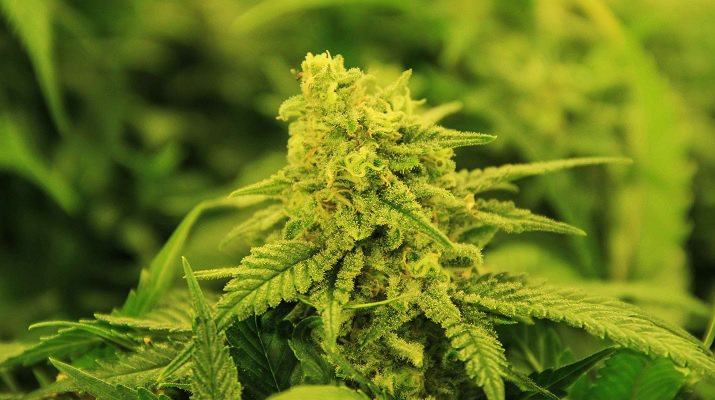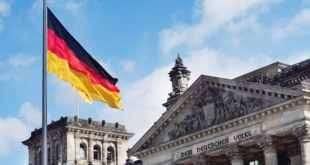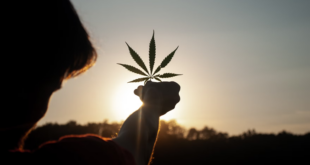
The World Health Organization (WHO) announced that cannabis (and cannabinoids) should be rescheduled for international drug treaty reasons. This would include the whole plant and resin. Cannabis is currently a Schedule IV drug by international standards – the most restrictive category.
The international designation of cannabis’s scheduling has been in place since 1961, Forbes reports. Nations around the world placed it in this category during a drug convention. The WHO wants THC and associated isomers removed entirely from the drug treaty.
Its categorization is confusing since the 1961 drug convention places it in Schedule I while the 1971 drug treaty places it in Schedule IV. Extracts and tinctures would be moved to Schedule III status, which includes pharmaceutical preparations.
On top of this move, the WHO clarified that CBD and associated formulations with 0.2% THC or less are “not under international control.” CBD hasn’t been scheduled within international conventions.
U.S. Air Force Veteran Michael Krawitz said, “The placement of cannabis in this 1961 treaty, in the absence of scientific evidence, was a terrible injustice. Today, the World Health Organization has gone a long way towards setting the record straight. It’s time for us all to support the World Health Organization’s recommendations and ensure politics don’t trump science.”
These recommendations will be put before the UN Commission on Narcotic Drugs for 53 nations to vote on as early as March.
With hemp being legalized in the U.S., the FDA said, “If treaty obligations do not require control of CBD, or if the international controls on CBD change in the future, this recommendation will need to be promptly revisited.”
Russia and China are expected to oppose the changes. The U.S.’s position is unknown.
 ONLY 420 | Cannabis Culture Everything 420
ONLY 420 | Cannabis Culture Everything 420






